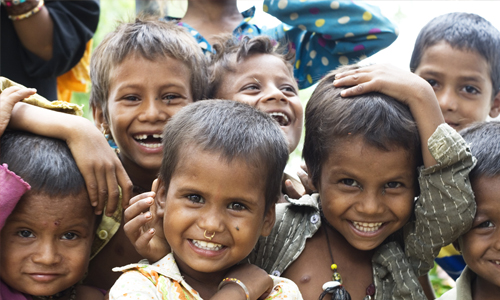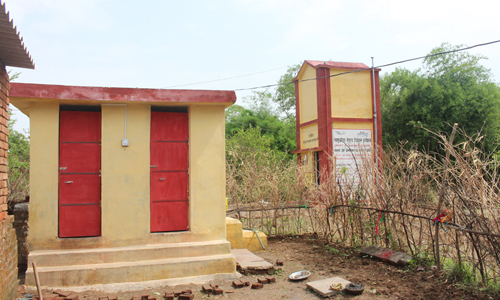The lack of economic opportunities perpetuates the poverty cycle, and limits investments in water, sanitation, health, education and other basic needs. Improvement in livelihoods is the cornerstone of improvements in living conditions on a sustainable basis without continued grants and donations.
The principles of intervention are skill upgrading through individual responsibility, community self-help and relevance to local situation. An example of our initiatives is vocational training for women of marginalised communities. Through effective training in sewing and knitting, trained women can earn Rs120 to Rs150 per day, a significant sum to sustain themselves and supplement their family income. Combined with improvement with waster and sanitation, such initiatives empower marginalised communities to transform their lives and escape the poverty trap.
This integrated approach and community led transformation processes create shared value and lays a strong foundation for community building that can be scaled up in any part of the world.




